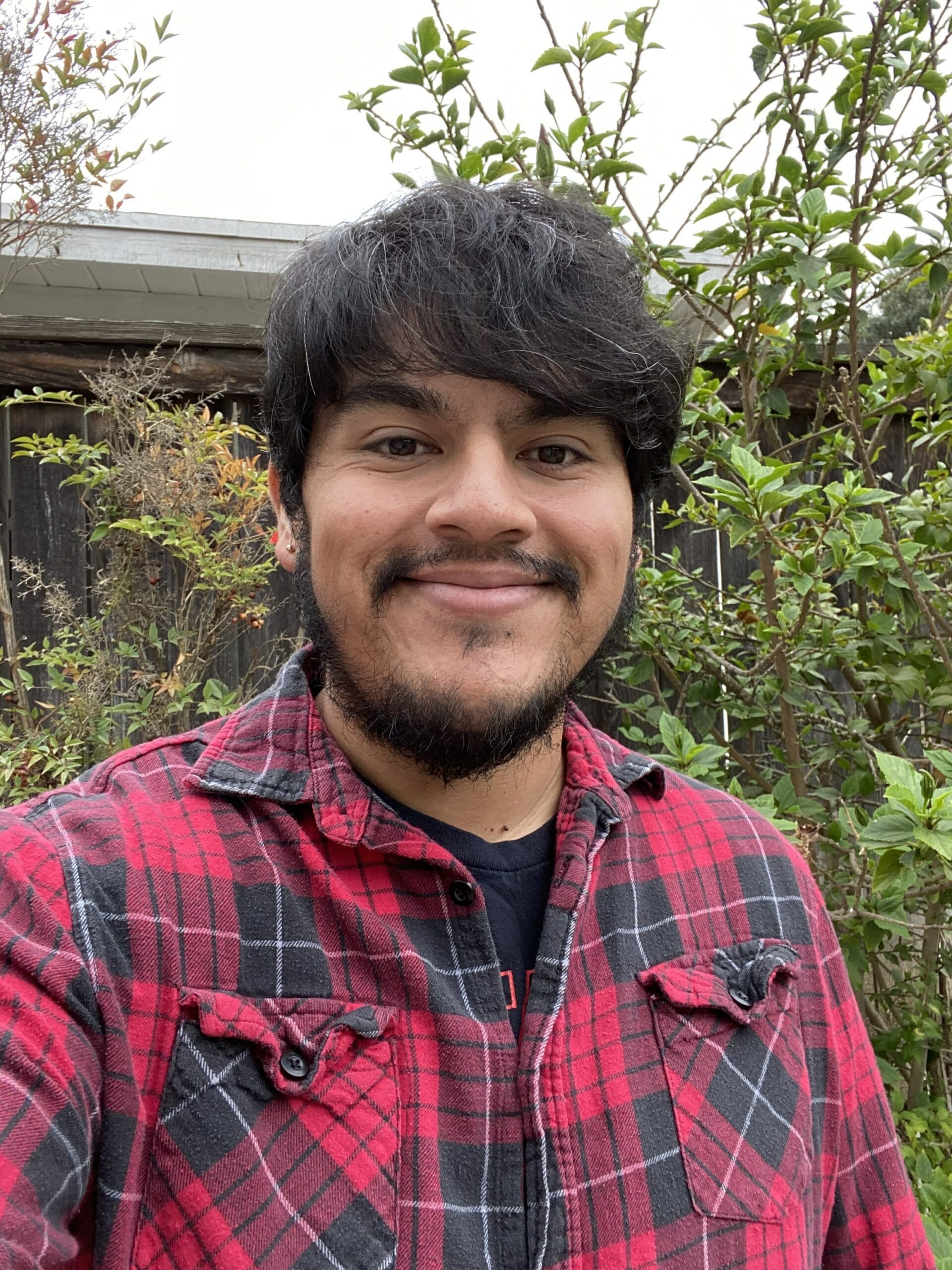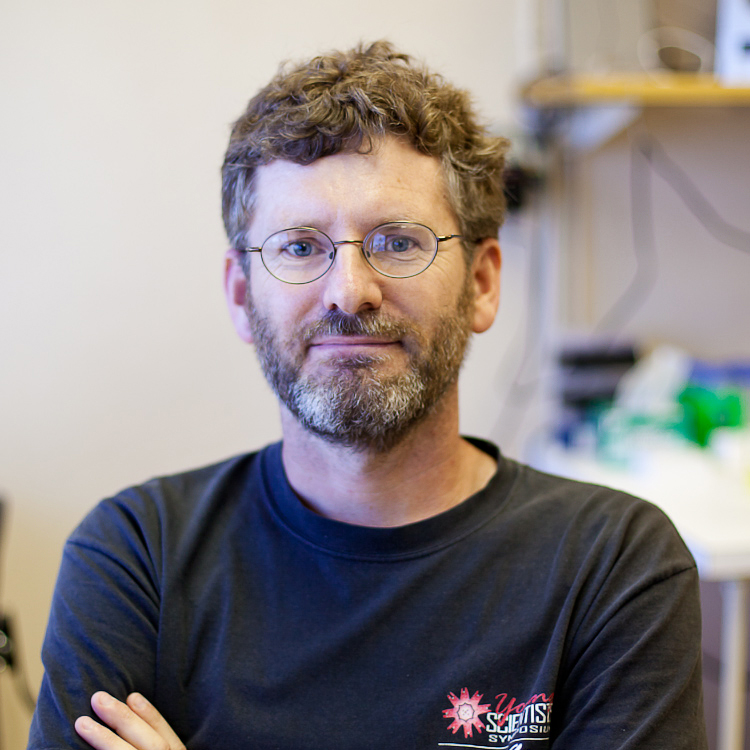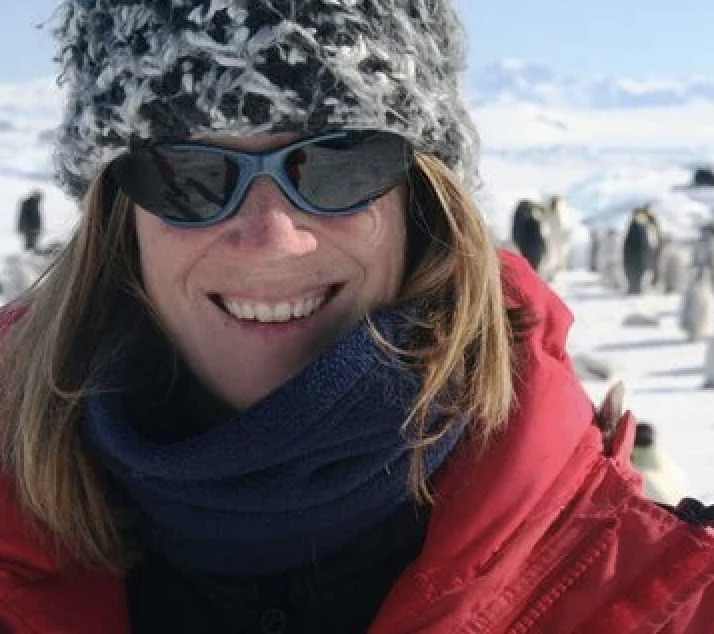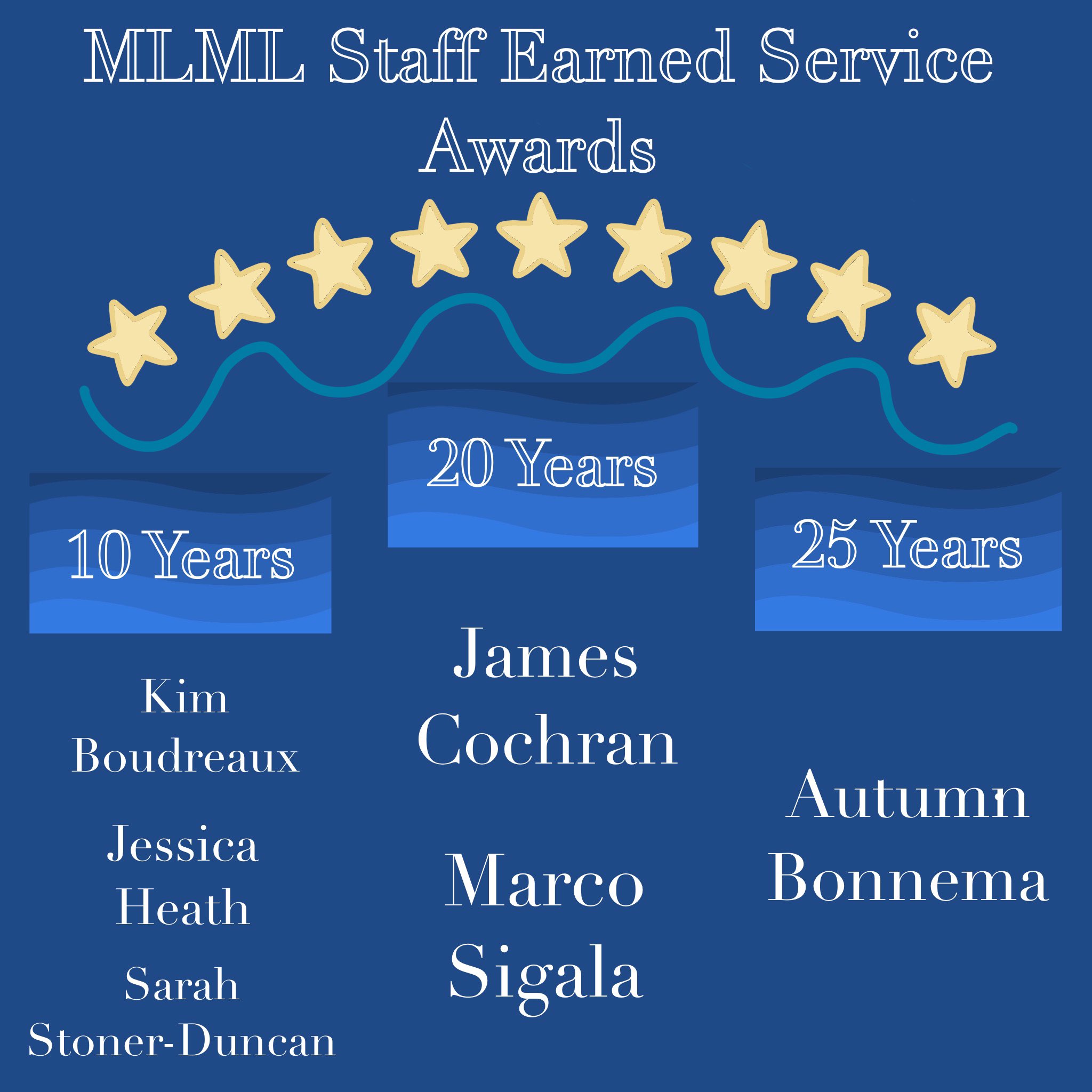Keith Hernandez, University of California Santa Cruz
Hosted by the Vertebrate Ecology Lab
Presenting: "Using complementary approaches to dive into the gray seal-fisheries conundrum on Cape Cod"
MLML Virtual Seminar | April 28th, 2022 at 4pm
Dr. Keith Hernandez is a postdoctoral scholar at the University of California, Santa Cruz, and is an MLML Alumni. He is a marine mammal ecologist, and studies foraging ecology, behavior and demography.









